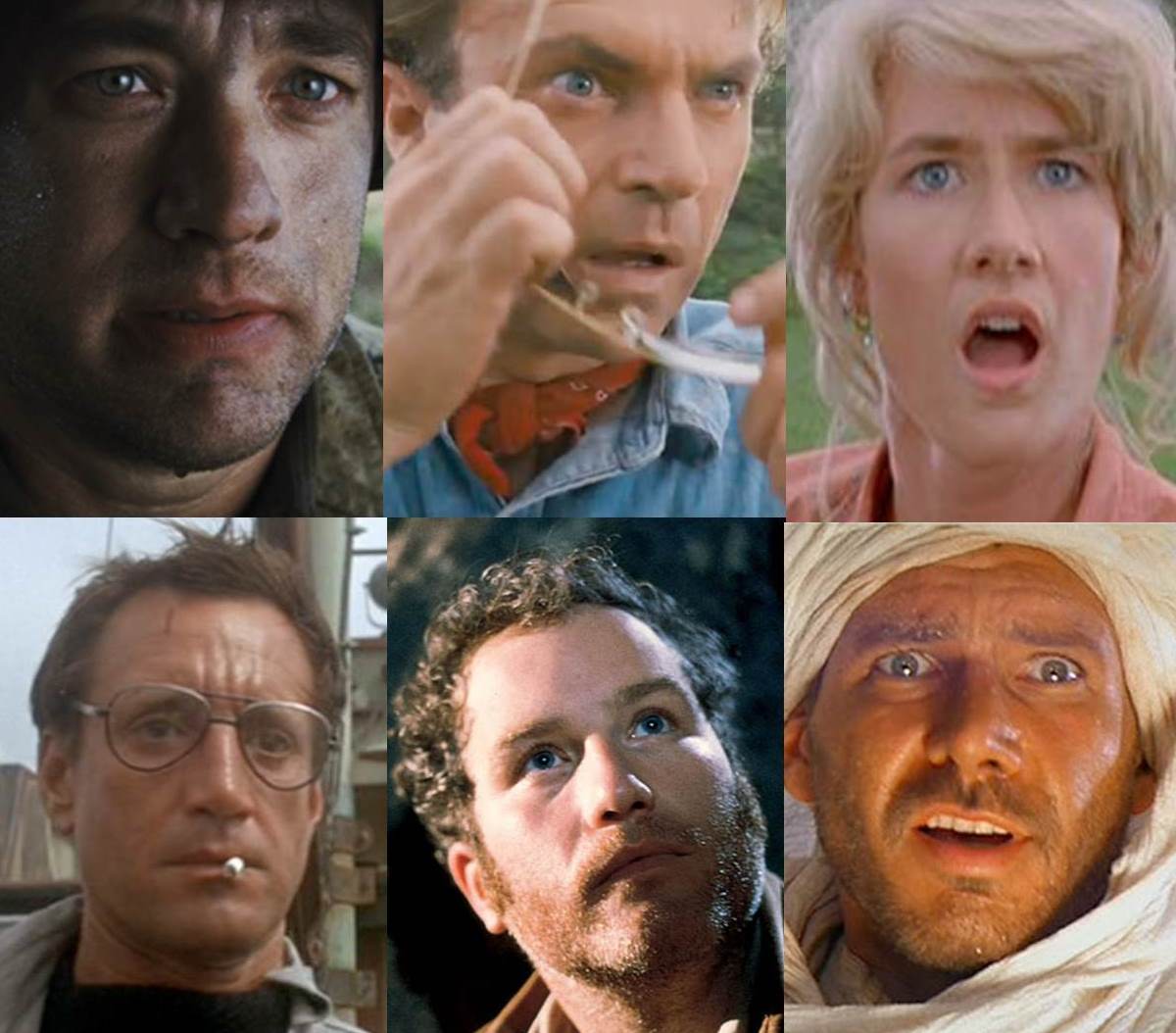He's born 18th of December 1946 in Cincinnati, Ohio. His interest for film started early as he in his teens used an 8mm camera to make films with his friends before he later on became an intern at Universal Studios.
Steven's first directorial debut was in 1971 with the film 'Duel'. Since then he has directed 30 movies, won 3 Academy Awards, 4 Primetime Emmys, and 7 Daytime Emmys.
'Jaws' (1975) became his first "summer blockbuster" and was the highest-grossing movie of all time until 'Star Wars'.
Steven has always been very protective of his name. If his company, Amblin Entertainment, is working on a film that he doesn't feel is up to his standards he will remove his name as a producer from the credits.
Best reviewed movies:
- Jaws (1975) - Director
- Raiders of the Lost Ark - (1st Indiana Jones) (1981) - Director
- E.T the Extra-Terrestrial (1982) - Director and producer
- Schindler's List (1993) - Director ad producer
- Catch Me If You Can (2002) - Director and producer
When Steven was asked which of his films he'd want to be remembered for he said E.T the Extra-Terrestrial and Schindler's List.



-
Through the many years he has been directing Steven Spielberg has gotten quite a few trademarks as a director. This is for example using images of the sun (Raiders of the Lost Ark (1981), The Color Purple 1985) and Saving Private Ryan (1998), frequently casting Tom Hanks, Richard Dreyfuss, Harrison Ford, Frank Welker and Tom Cruise and using a lot of music by John Williams.
But his more famous trademarks is parent issues, use of reflection shots and "The Spielberg face".
Parent issues
In a lot of Spielberg's films the main character has some sort of issue with their parents (usually the father), or they have kids whom they don't get along with. This has been a trend in his films ever since his second film 'The Sugarland Express' which revolves about 2 parents running from the law to try and prevent their son from being taken to foster care.
'Close Encounters' (neglectful parenting), 'The Last Crusade' (Indiana Jones' bad relationship with his father), 'Jurassic Park' (kids lacking parents), 'War of the Worlds' (father tries to reconcile with his kids) and so on...
Reflection shots
This technique is used to show the face of a character when
the camera is located behind them and allows the audience to see details of a
scene/setting without losing the connection to the character.
The Spielberg face
 This is is a technique where the camera operator zooms in on a character’s face as
they are looking at something. The thing that they are looking at isn’t
revealed to the audience until after the character shows their expression. This is used to focus on the characters face first, rather than filming from an
angle behind him. That way you're able to create a better human connection. The Spielberg face was first used in Jaws and has later been used in almost all of Spielbergs films as well as adapted by a lot of other directors.
This is is a technique where the camera operator zooms in on a character’s face as
they are looking at something. The thing that they are looking at isn’t
revealed to the audience until after the character shows their expression. This is used to focus on the characters face first, rather than filming from an
angle behind him. That way you're able to create a better human connection. The Spielberg face was first used in Jaws and has later been used in almost all of Spielbergs films as well as adapted by a lot of other directors.
Chosen scenes
I have chosen to do 3 scenes from 'Catch Me If You Can' (2002) which is based on a true story about Frank Abagnale Jr who before his 19th birthday were able to successfully get millions of dollars' worth of checks as a Pan Am pilot, doctor and legal prosecutor.
First scene that I've chosen is where Carl Hanratty, played by Tom Hanks, meets Frank Abagnale, played by Leonardo De Caprio, at a hotel ready to arrest him, but Frank manage to convince him that he's from United States secret service and gets away.
Next scene is Carl sitting in the police office talking about his mistake in the previous scene with his boss, and last is a scene of Frank buying expensive suits at a clothes store trying to become like James Bond.
The reason why I chose these scene is because I feel it tells a fair bit of the story of the film without necessarily spoiling too much. The scenes also doesn't involve too many people and therefore wont be too hard to make.
I also like the scenes cause they have a bit of action in them and allows me quite creative both when it comes to camerawork, editing and style of directing.
//Images and source material\\

No comments:
Post a Comment